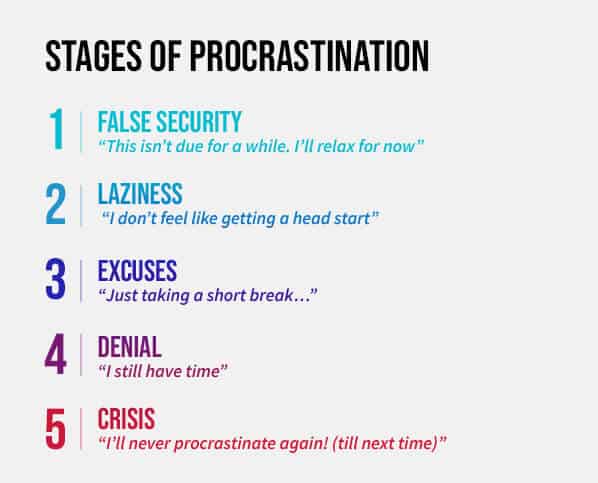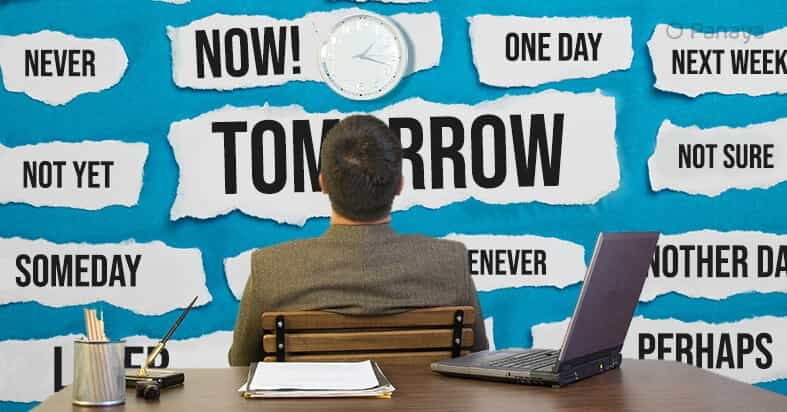The Emotional Harm of Deciding to ‘Not Decide’
I was shocked to learn that procrastination is older than the internet.
Yes. It turns out humans have been battling procrastination long before social media got so good at making lunchtime happen before we’ve checked our emails.
It’s possible that even the dinosaurs took one look at a distant meteorite heading their way, shrugged, and went back to their social media accounts.
How can we crush the invisible barriers of conscious inaction that stand in the way of obvious benefits we’re seemingly choose to… not choose?
“Never Put Off Until Tomorrow What You Can Do the Day After Tomorrow” —Mark Twain
Certainly not by listening to Mark Twain.
Perhaps better time management is the answer?
Or perhaps not, as it turns out!
Today’s scientific literature shows that putting off important decisions—even when there are huge potential benefits—is an emotional problem with potentially serious emotional and mental health consequences.
Tell that to Mark Twain.
Why Are We So Good at Actively Deciding … to Avoid Deciding?
Deciding not to decide is a conscious choice we make in so many areas of our lives.
- The medical checkup you keep putting off to next month.
- That gym subscription you keep promising yourself year after year.
- The people in your life you keep meaning to tell you love or appreciate.
“Procrastination is a voluntary delay of an intended act despite the knowledge that this delay may harm us.”
From: A Concise Guide to Strategies for Change | Timothy A. Pychyl
The net loss of missing out on the perks is compounded by the emotional harm caused by delaying making the decision to go ahead.
It sounds kind of ridiculous when you spell it out, doesn’t it?

Why Then Is the Impulse so Strong to Refuse to Break Through and Just ‘Do’?
The reason we decide to remain where we are instead of breaking the inertia and reaping the benefit, is the same reason why 40% of Oracle EBS customers are still on old versions, despite Oracle’s announcement they’ll be ending support.
‘Perceived Risk’
The problem is, we seem to choose inaction for the false sense of safety it gives us.
Making big changes in our personal and business lives is perceived as involving potential risk we’d rather not face, despite knowing it’s probably the right choice.
- A doctor’s visit may result in bad news.
- Showing up at the gym may result in being judged.
- Having emotional conversations may result in awkwardness.
Most of the time, when we finally choose to just ‘get on with it’ and make the change, great things happen.
When We Embrace the Change, the Change Often Embraces Us
Ultimately, the ‘inertia at all costs’ mindset that we think protects us from risk, becomes the biggest risk we face in the long run as the costs of inaction mount up.
Sometimes the first step is to simply ‘decide to just decide’. When we embrace the change, the change often embraces us.
See how Panaya is helping businesses the world over decide to implement ERP and CRM change intelligently.
